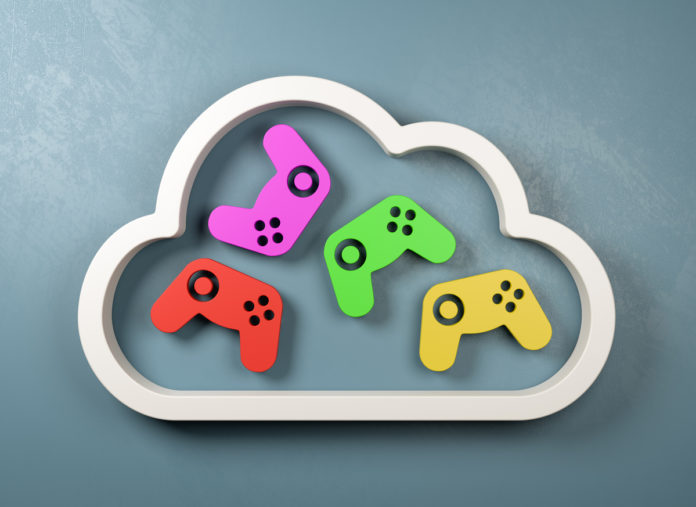Google Stadia, the cloud Gaming service that, according to the great G, is destined to revolutionize the world of video games forever, is just around the corner. The official day one has not yet been announced but, except for last hour delays that we hope will not occur, it is expected that the launch of the service will be during the next month of November. But is Google managing well its Stadia just like they were playing a hand on theedgepoker.com? More than one analyst has in fact expressed some concerns over the last few weeks.
During the first presentation of Stadia, many had perceived the service as a sort of Netflix of video games where, through a monthly subscription, it would have been possible to play all the Stadia titles available on the cloud.
During the second event, project manager Phil Harrison made it clear that Google Stadia’s business model will be similar to that adopted by traditional consoles with a limited number of free games available along with the service. Presenting Destiny 2, which in the meantime Bungie has decided to turn into a free-to-play product, as the only representative of these included titles has certainly not been welcomed in a particularly positive way.
Moreover, with about three months to go before the launch of Google Stadia, the company has not yet announced any of the exclusive titles that will arrive on the cloud gaming platform. In fact, besides working on the infrastructure, Google has also opened a real software house within the Mountain View group, already engaged in the creation of games that will be offered in streaming to Stadia users.
Jade Raymond has been chosen as head of this division. Coming from Electronic Arts and even before from Ubisoft, Raymond has a wealth of experience collaborating with teams who worked on AAA titles that can make a name for themselves in the marketplace, including the first chapters of the Assassin’s Creed and Watch Dogs series. On LinkedIn, Jade is credited with the position of “VP and Head of Stadia Games and Entertainment”.
At the moment, there are several points that need to be clarified about Stadia Game and Entertainment. Any examples? Here are some questions. How many members of the team do they have? Where are the headquarters located? Which and how many games were put in the pipeline for the day one and the first twelve months of Stadia’s life?
We hope that at least some of these questions will be answered in the next Stadia Connect, scheduled for Monday, August 19, which is a day before the opening of the Gamescom in Cologne, the most important event dedicated to the video game industry in Europe.
Time is running out and some perplexities remain, in addition to those already listed, on Stadia (starting with the actual Internet connection requirements to enjoy a fluid gameplay in any type of game available), while of course the excitement remains high for a service that could potentially be revolutionary. Being able to play with an incredibly high-performance gaming machine, without the need to upgrade your PC every year, could make a real difference and determine the success of a project that is undoubtedly very ambitious.










